Altruistic Helping: The act of giving away something that one desires, even if it means they are going without that item. It is a way of helping others in need.
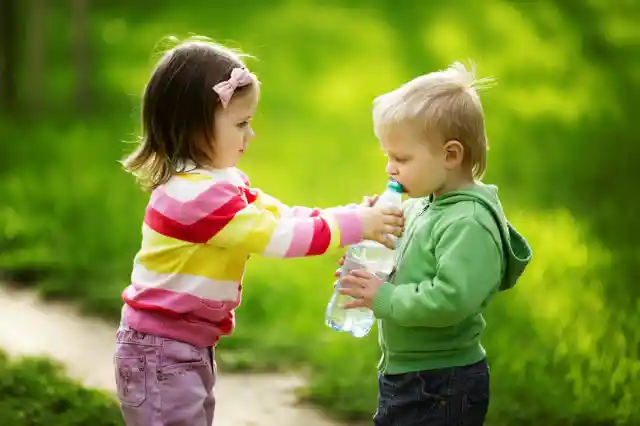
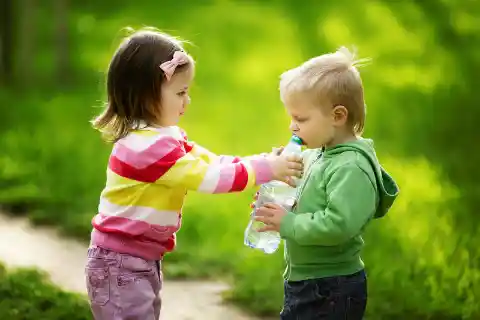
Giving food to someone in need is a big act of altruism, from sharing lunch to donating canned goods, and it can start in infancy. In fact, a previous study has shown that babies as young as 19 months have no problem with giving their snack to someone in need.
You can find information on this study in the February 4th, 2020 online edition of the Nature Publishing Group. Rodolfo Cortes Barragan is a lead author of this social experiment.
The Big Experiment
The study involved the children sitting face-to-face with an adult researcher at a table full of kid-friendly fruits. Researchers wanted to determine if the children would give fruit such as grapes, bananas, and blueberries to someone they did not know.
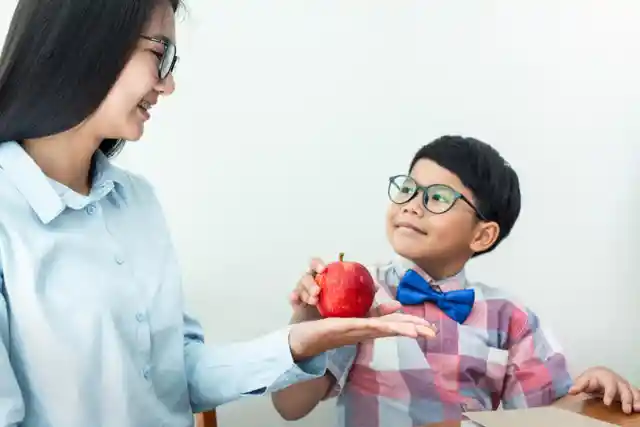

There were two groups for this experiment, a control group, and a test group.
The researcher of the control group would gently toss a piece of fruit onto a tray, which sat on the floor, without any attempt or desire to reach the fruit. About 4% of the children in this group retrieved the food for the researcher.
In the test group, researchers would pretend to drop their fruit on the tray. They would then attempt to reach for the fruit with no success. Over half of the children retrieved the fruit for the researcher.
Choosing Compassion Over Personal Needs
A new group of children was bought in for a second study, which took place right before their mealtime to ensure the child would be hungry.
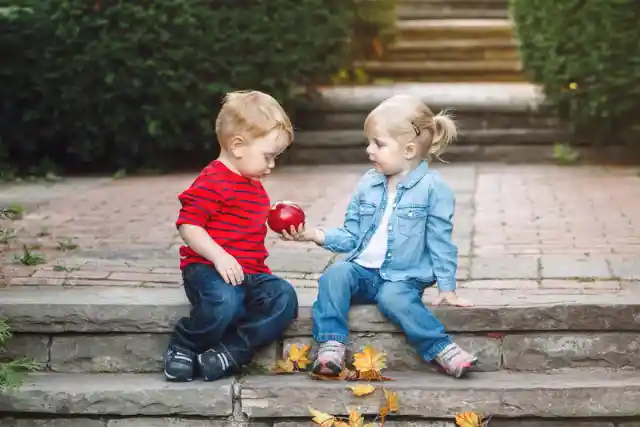

Once again, the children were placed in control and test groups. The idea was to determine if children would engage in altruism if they were hungry, as this would raise the cost to oneself.
The first study was repeated, and none of the children in the control group picked up the fruit for the researcher, while over 37% of the children in the test group gave the fruit to the researcher.
Teaching Altruism
How amazing! Even when a child in the test group was hungry, they were still willing to hand the fruit over to someone in need.
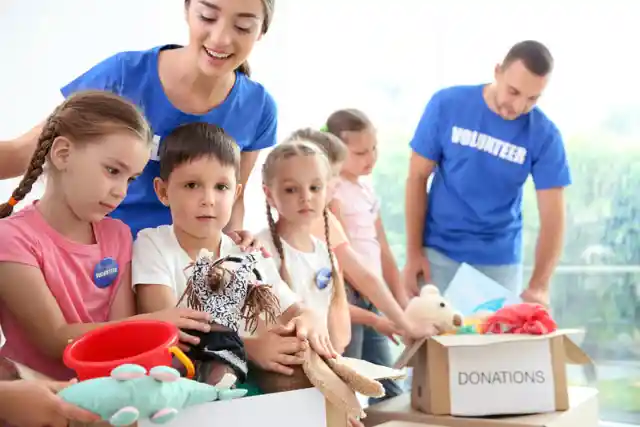
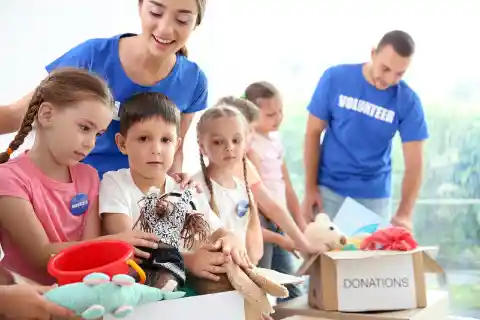
It is a form of altruism that children develop when they are still young, and the experiment can help to increase altruism in children. It also shows that little ones can have sympathy, compassion and a helpful attitude.
Another detail is children with siblings, or children who come from specific cultural backgrounds, were especially willing to hand the fruit to the person they felt was in need. In this case, that was the researcher. This is a good thing because parents, teachers and other role models can learn how to promote altruism in infants. In return, children grow into helpful, caring individuals.
Children start to mimic the behaviors of those around them at infancy. If they see that the adults in their lives are willing to share with those in need, they are going to be willing to do the same.
In addition, if those they are sharing with show gratitude, that feeling may increase the child's desire to engage in altruism. It is a cycle of kindness that could lead to a more positive society.